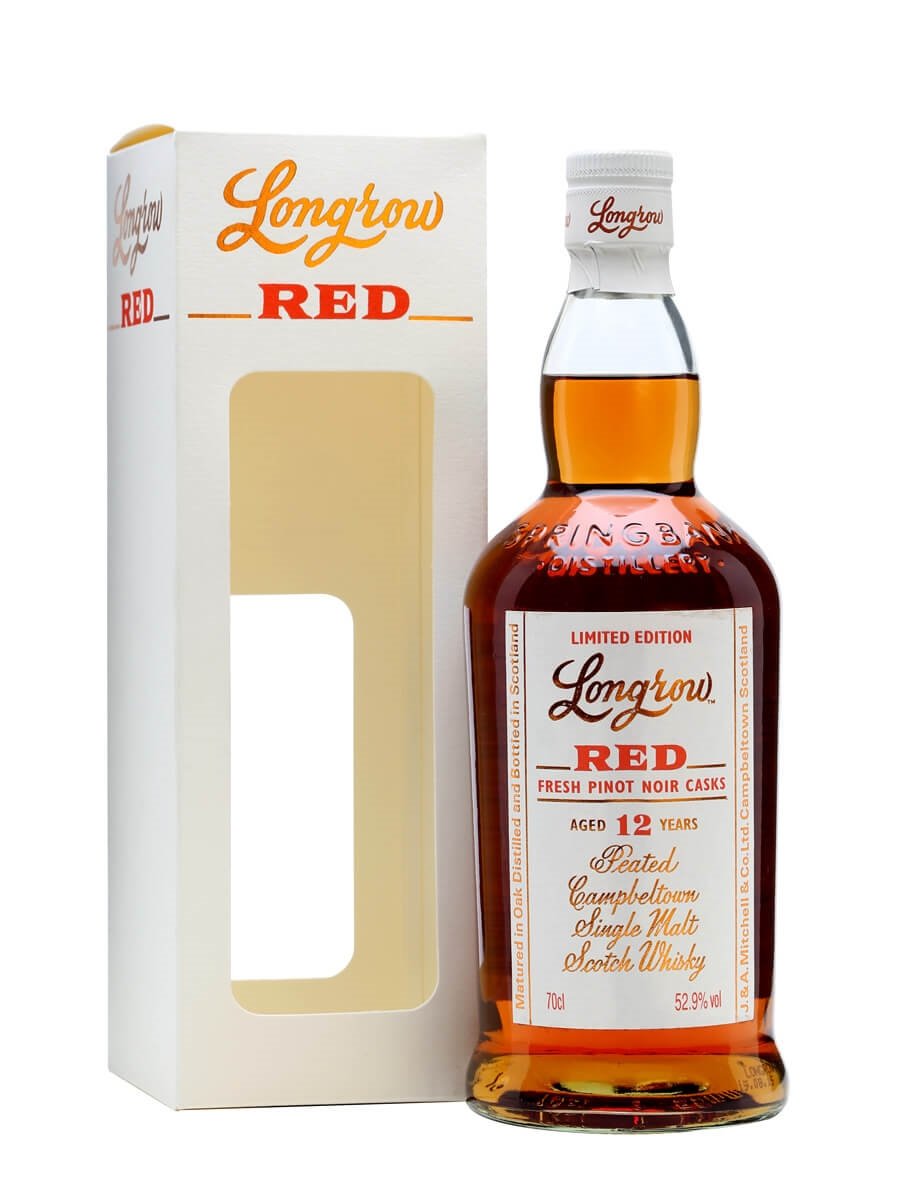Situated in Bayswater, Victoria on the outskirts of Melbourne, Bakery Hill Distillery has been operating since the late 90's, and first released their whisky in 2004. Proprietor David Baker, a food scientist by trade, has taken a fastidious, technical and traditional approach to production, using a UK-designed and built copper pot still and spirit safe, and bottling at natural colour and without chill filtration. The distillery is a bit of an underdog these days, with Starward / New World taking the spotlight in Melbourne, and Tasmania dominating the Australian whisky scene, so Bakery Hill is relatively quiet in comparison and largely flies under the radar. But it shouldn't, the whisky is good and is deserving of its place on the shelves.
Bakery Hill currently produce five expressions, being 'Classic Malt', 'Double Wood', and 'Peated Malt', which are all bottled at 46%, plus cask strength versions of the Classic and Peated. They use Australian malted barley for all un-peated expressions, but unfortunately the environmental laws in the state of Victoria prohibit the burning of peat, or rather the release of peat smoke into the atmosphere. David also had trouble sourcing peated Australian malt in the relatively small quantities required, so the peated malt is imported from commercial maltsters in New Zealand.
All expressions are matured in re-sized ex-Jack Daniels American oak casks, with the Double Wood receiving an extra finishing in French oak. The fresh casks are sent to a local cooperage for re-sizing down to 100-litres, which David believes to be the ideal size for maturing whisky as efficiently as possible in Melbourne's unpredictable climate, widely known for it's dramatic mood swings. While none of the expressions carry an age statement, thanks to that indecisive climate the whisky matures considerably faster than it would in Scotland, so in this case an age statement would largely be irrelevant anyway.
I'm yet to try any of the other Bakery Hill expressions, but I've tasted this Peated Cask Strength a few times, and it's truly world-class in my opinion. There is some variation between releases of course, being single cask releases, but all are around 60% ABV, and as stated above are matured in those re-sized Jack Daniels casks. It's also relatively well-priced, selling for around $160-170 domestically, for a 500ml bottle. That may sound expensive compared to your favourite Scotch, but compared to the prices commanded by other Australian whiskies at similar strengths it's very reasonable.
Bakery Hill Peated Cask Strength, NAS, 59.9%. Melbourne, Australia.
Matured in re-sized 100-litre Jack Daniels cask. Non-chill filtered, natural colour.
Colour: Yellow gold.
Nose: Fresh & zesty, lots of barley character and sweet tropical fruit. Almost Bruichladdich-esque, which is a pretty big compliment I'd say! The peat is very light, lurking in the background, just a slight hint adding depth. Creamy vanilla frosting on a lightly burnt sponge cake. Some peppery oak and cola syrup.
Texture: Medium weight, nice oily, creamy feel. No heat either.
Taste: There's the peat. Thick & chunky charred peat, some slightly bitter oak, more creamy vanilla. A lot of bourbon influence here, sweet caramel, peppery toasted oak.
Finish: Surprisingly short, but it does fade in and out for a little while. Burnt caramel and pepper, wood embers. Dries out leaving some oaky bourbon and malted barley.
Score: 3 out of 5.
Notes: Really enjoyed the nose on this one, found it surprisingly complex and very enjoyable. Nice on the palate as well, but fell off a little on the finish. I'm not a big fan of bitterness or even of bourbon really so that's probably down to personal taste. But then, isn't everything!
This bottling wasn't as peaty as I remember from my previous encounters with this whisky, but that could be my memory as well as batch variation, so it's hard to say if there have been changes, or if it's just the natural variance between each cask. The beauty of single cask releases there, no two are ever identical!
All that aside, this is still one very impressive Aussie underdog of a whisky. Highly deserving of a bigger following in my opinion, and of a higher place on the world whisky stage. If you haven't yet sampled Bakery Hill's wares, go for it!
Cheers.
Big thanks to Craig from The Whisky Company (formerly Nippy Sweetie Whiskies) for the sample!



